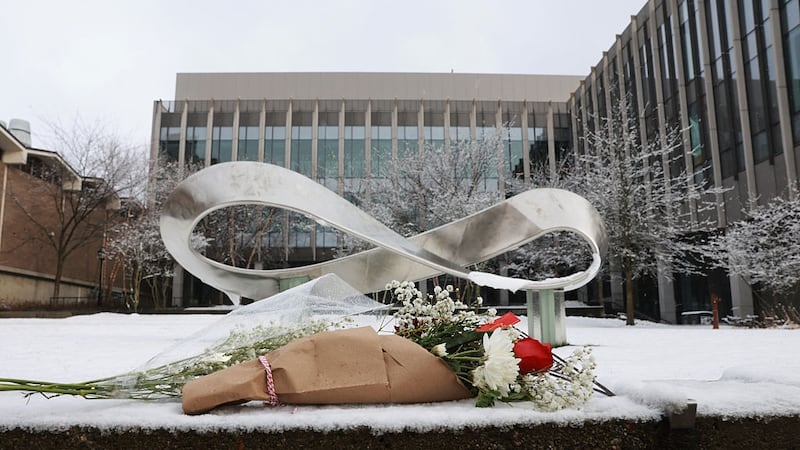Chief Judge Belvin Perry Jr. of the Ninth Judicial Circuit Court of Florida has announced he will retire in August.
In his letter of resignation to Gov. Rick Scott, Perry said he will retire on August 31.
While Perry's career involved breaking down color barriers and opening doors, he acknowledged that it will likely be most remembered for the Casey Anthony murder trial.
"I'd like to be remembered for something else other than Casey Anthony, as a hard-working judge. A judge who cared about what he did," said Perry.
Perry has served as a circuit judge since 1989 and has served as chief judge for 18 years.
"In life, we are hit with certain markers and we have no control over what those markers are," said Perry.
In his remarks Monday, Perry discussed the Anthony trial, his decision to see all appeals concluded and the possibility he'll write a book about the trial once he leaves the bench.
"I just want to sit back and get off the merry-go-round," said Perry.
Perry has been approached about his own court TV show.
On Monday he said that there is no project in the works and that if he were going to launch his own show, immediately after the Anthony trial would have been the right time, not now.
Perry began his legal career with the Office of the State Attorney, serving as a trial attorney, in 1977. He quickly rose through the ranks with the State Attorney’s Office, concluding his service as chief assistant state attorney in 1989. In January of that same year, Perry became the first black man to be elected to the bench of the Ninth Circuit without first being appointed.
"It was no way an African American could run in a two-county race and win," Perry said.
He doesn't regret staying on the bench, but after 25 years, Perry believes it's time to retire.
"Just sit back, kick back and do some of the things I want to do," Perry said. "The things that I feel passionate about are things that I will continue to work on."
Perry was born and raised in Orlando. He graduated from Jones High School at a time when the city was still deeply divided along racial lines.
He said the court should reflect the community.
WFTV




